Carly Roye
Danny Goldberg started as a 19-year-old music journalist with a press pass to Woodstock and is now one of the most successful names in the rock and roll business.
You may not recognize his name, but you’ll definitely recognize the names on his resume. After his adolescent years as a music journalist, Goldberg went on to work for Led Zeppelin, first as their publicist and later as vice president of their record label. He was not only president of Atlantic Records, but also served as chairman and CEO of both Warner Bros. and Mercury Records. He was Nirvana’s manager during the release of Nevermind and has also managed such acts as Hole, Sonic Youth, the Allman Brothers, and Steve Earle, who he still currently represents.
Some imagine that the music business is filled with temperamental suits just trying to make an easy buck, but in Goldberg’s new book *Bumping Into Geniuses: My Life Inside the Rock and Roll Business*, he admits, “I could never have gotten anywhere in the business if I had not been a rock and roll fan first.”
Goldberg, who grew up in New York, was introduced to rock and roll at an early age. In his book he often reminisces about his early years in rock. “To listen to these records was like coming indoors out of the freezing cold and holding my numb fingers near the radiator, feeling at the same time both pain and relief,” he wrote.
When I met with Danny Goldberg in his Madison Avenue office, I asked him about these years and if he believed we can ever be affected by music the way we are as teenagers.
“I think that is a special time in somebody’s life,” says Goldberg, “where you’re defining yourself as who you are going to be for the rest of your life. Music seems for some of us, certainly for me, to speak a special language that helps you kind of identify, and although music can continue to be really important, it’s not the same level of intensity as during adolescence. I think there is something very special about the relationship between music and teenagers.”
Goldberg not not only experienced this relationship but observed it on a much larger scale during his years as manager for Nirvana.
“That era, which seemed at the time to usher in a whole new generation of a reinvention of rock and roll, did not end up producing as many long-term superstars as say the ’60s and ’70s did. In general, it turned out to be a shorter era than what we thought it was going to be and a lot of that wasn’t about Kurt’s death. It also had to do with the tremendous vitality, culturally, of hip-hop. That was just a time when hip-hop really came into its own as *the* teenage rebellion music. Rock and roll had been playing that role for decades. It was inevitable as new generations come up something is going to change. The emergence of N.W.A. and Dr. Dre took hip-hop from a vibrant sub-culture to the mainstream and rock and roll became a secondary teen culture.”
Goldberg’s book is filled with insight into the business and behind the scenes quotes from legendary artists he’s worked with. When Wal-Mart said they wouldn’t carry In Utero because of its graphic cover, Kurt Cobain replied, “Of course I want our records in Wal-Mart. When I was a kid, the only place near where we lived to buy records was a Wal-Mart. One of the reasons I make records is for kids like me.”
From the beginning, Goldberg’s main focus was always “working with artists to protect their art, market it, and get them paid as much as possible,” an approach he still believes exists in the music business.
“If you look at some of the big artists out there today, you know, Bruce Springsteen, U2, M.I.A., I think most of them feel well about what they’re doing artistically. I think it continues to be a place where people can express themselves and make a decent living doing it if they’re talented enough, and lucky enough.”


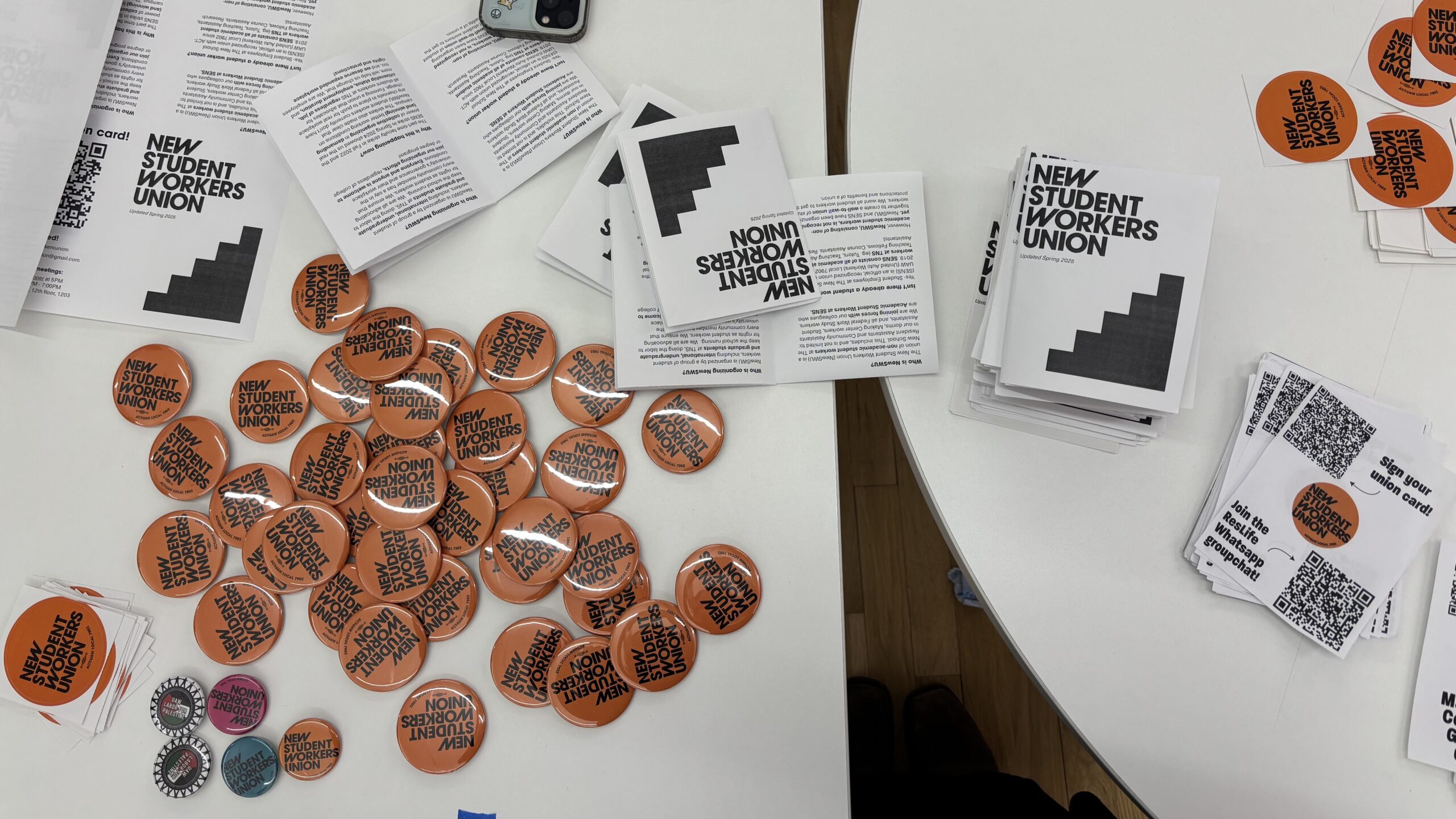
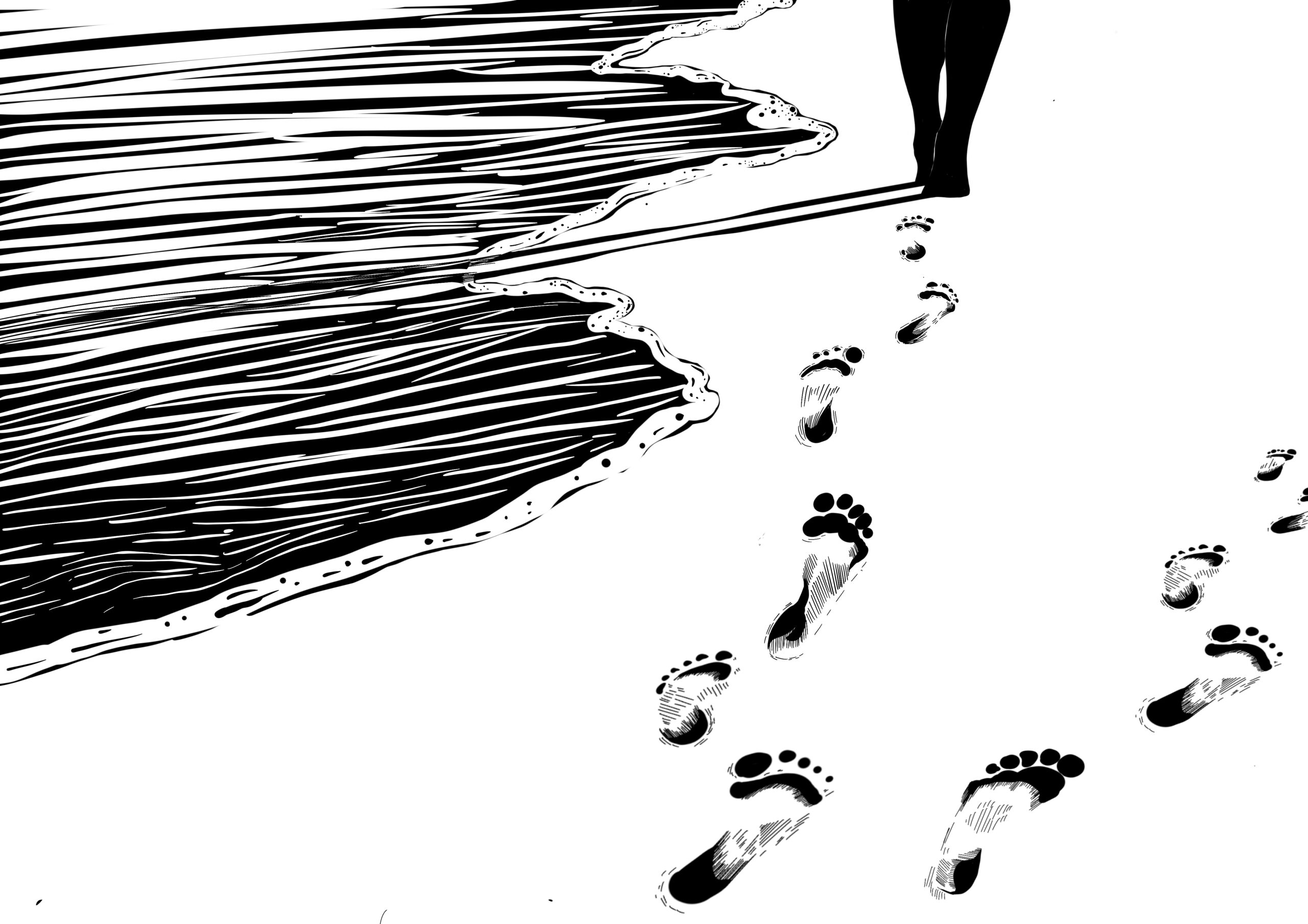
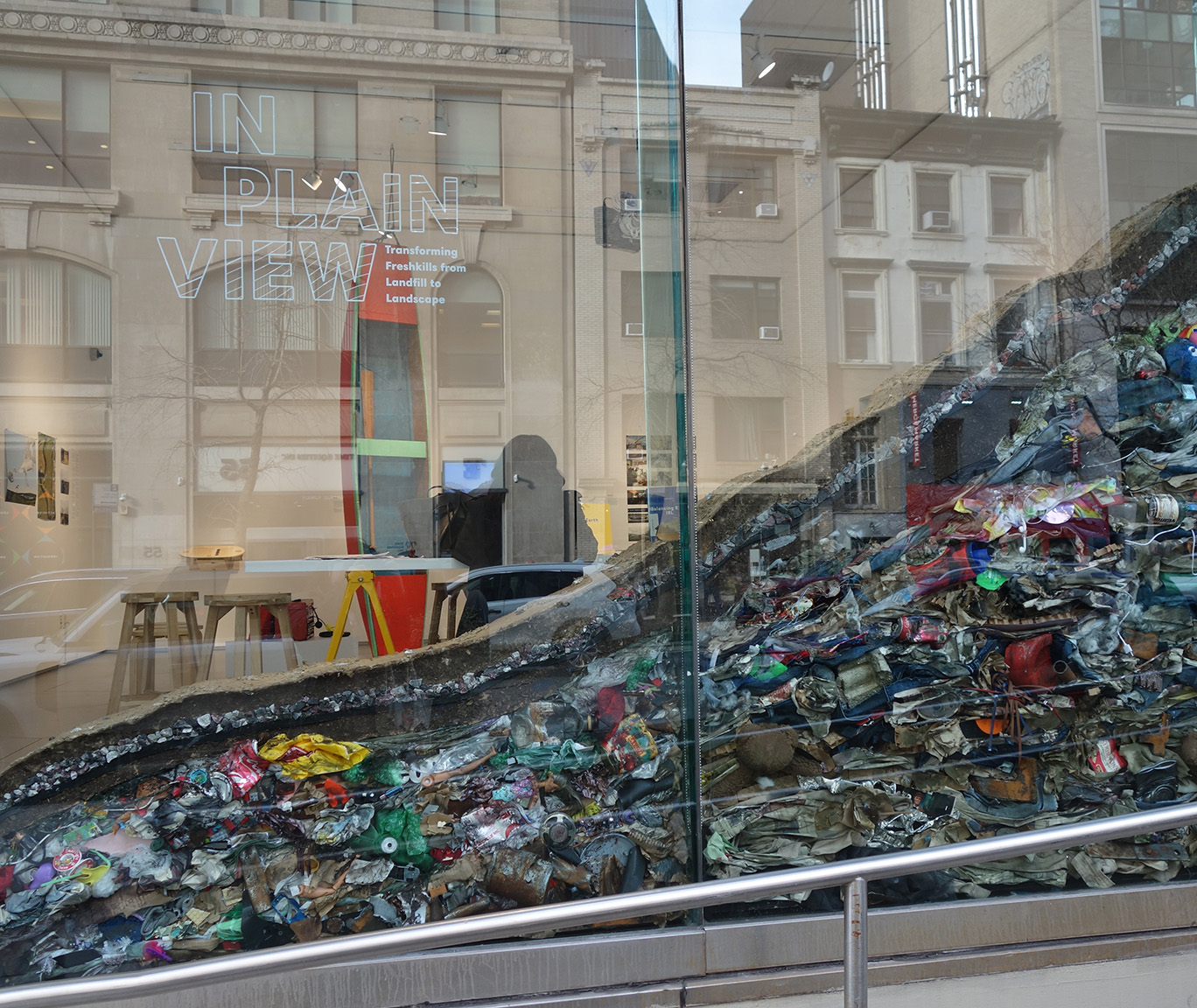

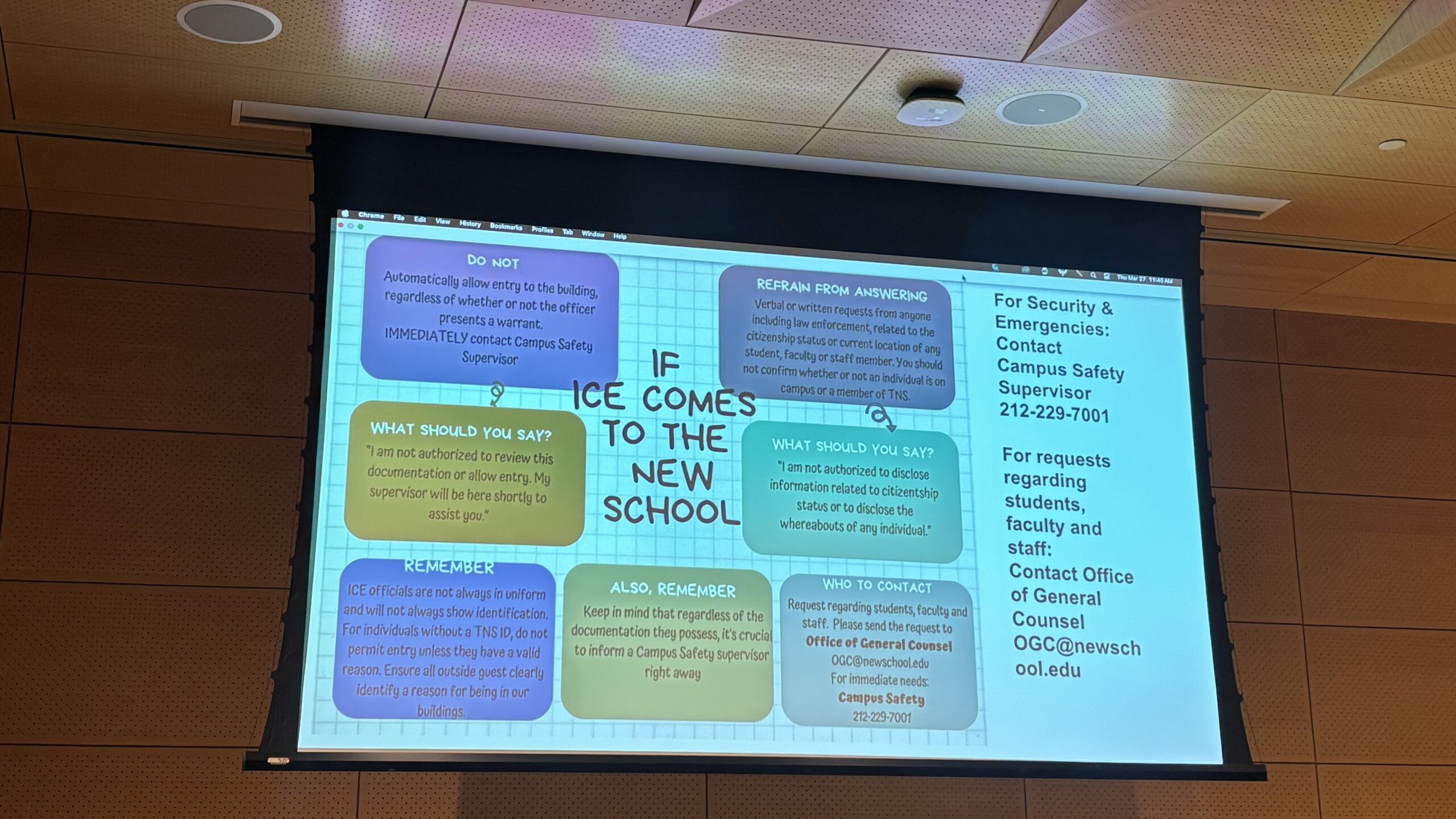
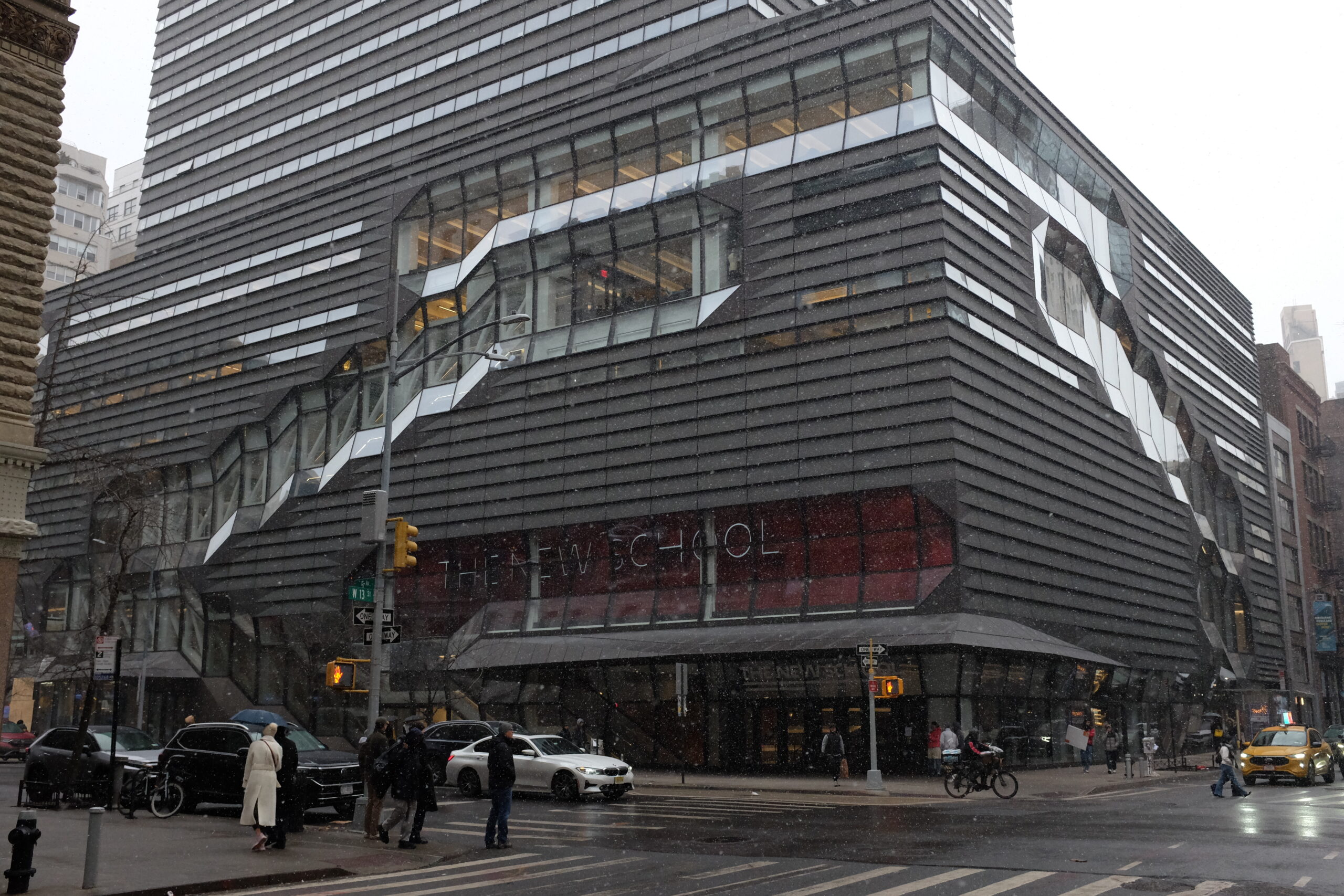
Leave a Reply